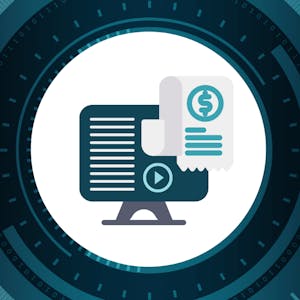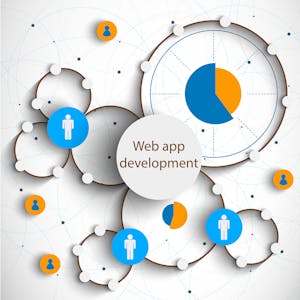Natural Disaster and Climate Change Risk Assessment
About this Specialization
This specialized program is aimed at officials, professionals, and team members involved in formulating, executing, or supervising infrastructure projects, who seek to incorporate disaster risk analysis and climate change adaptation into their projects.\\n\\nThrough 3 courses, students will be trained to identify key elements of natural disaster risk, recognize the importance of integrating risk analysis into the infrastructure project cycle, conduct qualitative and quantitative assessments to make informed decisions, discern when to apply each type of risk assessment, evaluate the technical and economic feasibility of projects through qualitative and quantitative analysis, and finally, generate informed recommendations for the design, construction, operation, and governance of infrastructure in a context of risk and climate change.\\n\\nIt is recommended to take the courses in the suggested order.Created by: Banco Interamericano de Desarrollo

Related Online Courses
Having trouble keeping track of expenses in your company? With the help of Power Apps, you can easily create an app that tracks business expenses while maintaining a healthy cash flow. In this... more
Dark data is data in any form that could provide value to an organization or individual but is not doing so either by design or unintentionally. This Specialization will provide you with the... more
In this course, you will develop more advanced web application programming skills. You will learn how to control data read and write access using methods, publish and subscribe. You will learn how... more
Welcome. This is the first of our 2 courses in English to take you to a B1 level of competence. English is the most important international language for the workplace and for study. The varied... more
Design modern switched-mode power converters; create high-performance control loops around power converters; understand efficiency, power density and cost trade-offs\\n\\nBy 2030, 80% of all... more








